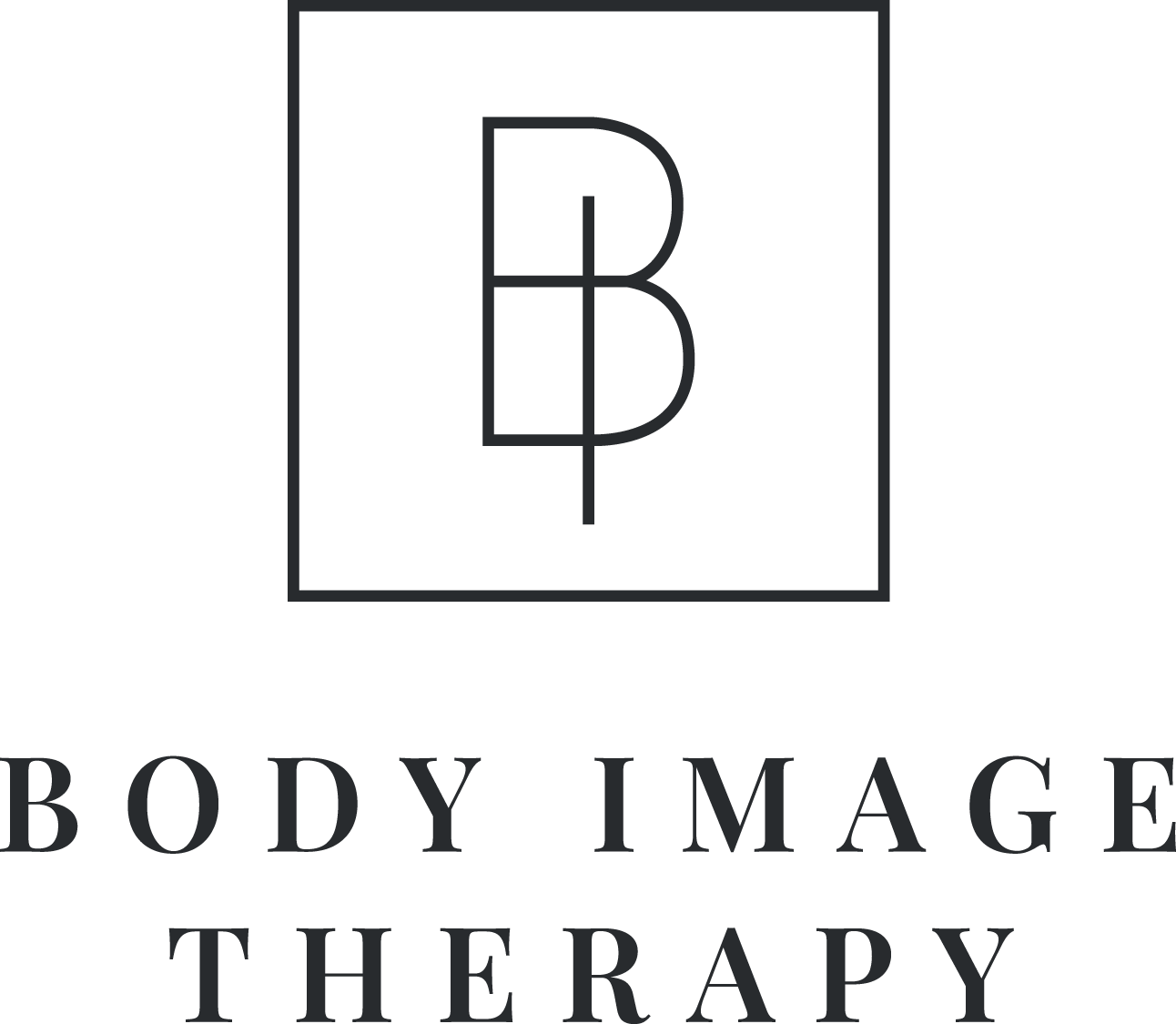
5 Things to ask yourself before Cosmetic Surgery
Cosmetic surgery can give your body-image a boost and increase your quality of life. Sounds tempting, so what’s the catch? It all depends on your psychological readiness for surgery. Assess yours by asking these 5 questions:
1. Have I considered the risks of the operation?
All procedures carry risks and these range in severity. Anaesthesia-related complications can result in death. Although this is a low risk, it can happen. Poor cosmetic outcomes are a possibility, and you may look worse than you did before. You may experience long-lasting pain, swelling and scarring. Operations involve significant trauma to the body which can result in nerve damage. A breast augmentation may cause loss of sensation in the nipples and a rhinoplasty may damage sense of smell. If any of these things happened to you, what would be the impact on your life and how would you cope?
2. How is my mental health?
Do you have a mental health diagnosis such as OCD, Anxiety or Depression? A mental health diagnosis doesn’t mean that you aren’t a good candidate for surgery however it depends how ‘active’ your symptoms are. You could be managing well through self-help, medication or therapy. Alternatively, poor mental health may be affecting your perception and decision-making. If you weren’t depressed or anxious, would you still be thinking the same way about your appearance? Eating disorder treatment can help individuals understand that the problem is not their body but rather their perception and feelings about their shape and weight. You may not realise that you are suffering from a mental health disorder. Many patients with Body Dysmorphic Disorder (BDD) are undiagnosed. A Pre-Cosmetic Surgery Psychological Assessment with Body Image Therapy screens for all mental health issues that would be contraindications for surgery.
3. Are my expectations realistic?
If you’re expecting to look like the latest celebrity and achieve the same admiration and success, it’s not going to happen. This is a fantasy. After surgery you will still be you, with an improved feature. Realistic expectations involve feeling less self-conscious and more confident in your appearance. A new nose won’t help you get a new job, but it may enable you to stand side-profile when having your photo taken. A boob-job won’t help you find love, but it may enable you to wear a bikini on the beach.
4. Who am I doing this for?
Are you doing this for yourself or due to pressure from others? Wanting surgery in order to maintain a relationship (e.g., your partner prefers larger breasts) or because your friends are all having similar procedures leads to poorer outcomes. However, wanting eye-lid surgery because your hooded eyes belie the fact that you feel vibrant inside can be a healthy desire for self-improvement. If your motivations are based on external factors, try and explore this in more depth to work out whether surgery is the right answer to the problem.
5. Why now?
What’s going on in your life at the moment? Have there been any recent changes? Could you be making an impulsive decision due to a break-up with a partner, a bereavement or a job loss? It’s understandable to want a fresh-start and feel like a new you after a major life event however, it could be more helpful to delay big decisions until your life is more settled. We have all heard of a person who has opted for a severe hair change post-divorce only to regret it after. Surgery is permanent, don’t make regret permanent too.
If you would like help with any of the issues mentioned, please contact Body Image Therapy www.bodyimagetherapy.co.uk. Thank you.

